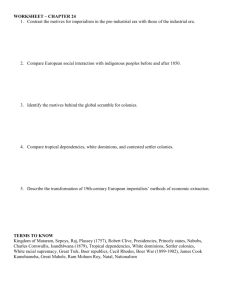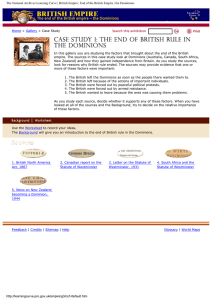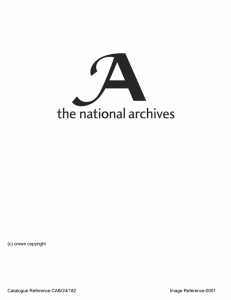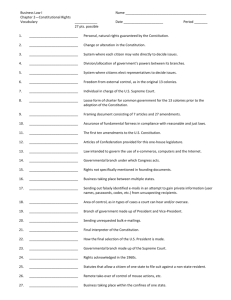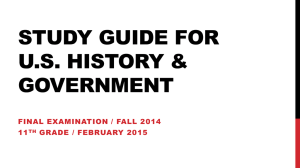The Rights of the British Colonies Asserted and Proved
advertisement
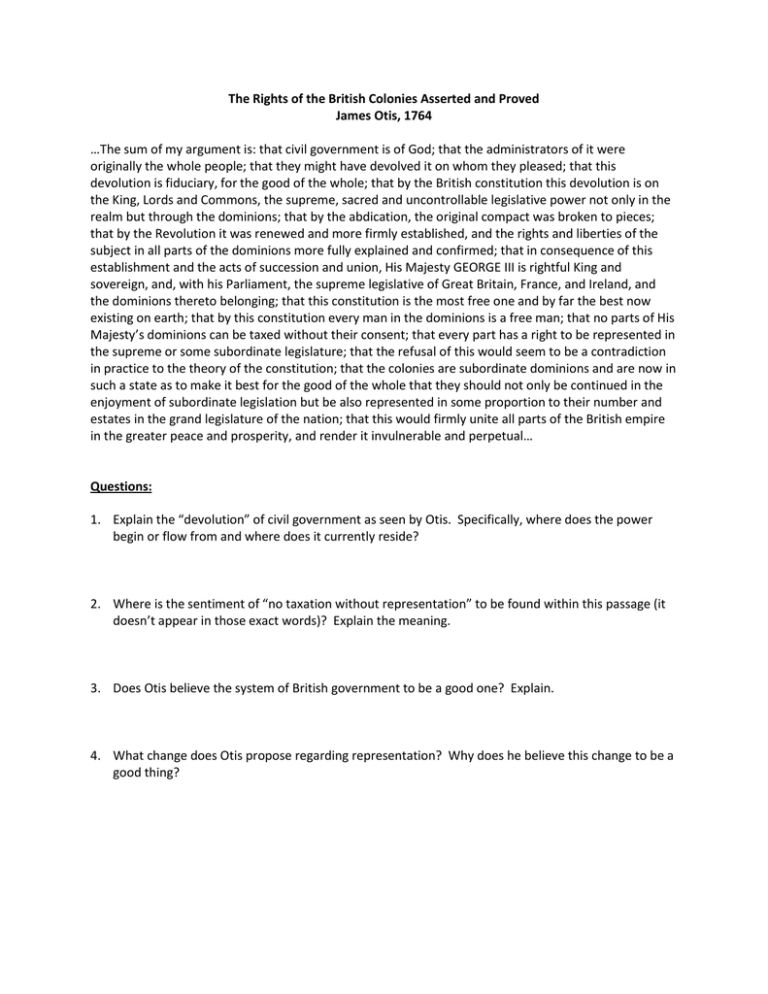
The Rights of the British Colonies Asserted and Proved James Otis, 1764 …The sum of my argument is: that civil government is of God; that the administrators of it were originally the whole people; that they might have devolved it on whom they pleased; that this devolution is fiduciary, for the good of the whole; that by the British constitution this devolution is on the King, Lords and Commons, the supreme, sacred and uncontrollable legislative power not only in the realm but through the dominions; that by the abdication, the original compact was broken to pieces; that by the Revolution it was renewed and more firmly established, and the rights and liberties of the subject in all parts of the dominions more fully explained and confirmed; that in consequence of this establishment and the acts of succession and union, His Majesty GEORGE III is rightful King and sovereign, and, with his Parliament, the supreme legislative of Great Britain, France, and Ireland, and the dominions thereto belonging; that this constitution is the most free one and by far the best now existing on earth; that by this constitution every man in the dominions is a free man; that no parts of His Majesty’s dominions can be taxed without their consent; that every part has a right to be represented in the supreme or some subordinate legislature; that the refusal of this would seem to be a contradiction in practice to the theory of the constitution; that the colonies are subordinate dominions and are now in such a state as to make it best for the good of the whole that they should not only be continued in the enjoyment of subordinate legislation but be also represented in some proportion to their number and estates in the grand legislature of the nation; that this would firmly unite all parts of the British empire in the greater peace and prosperity, and render it invulnerable and perpetual… Questions: 1. Explain the “devolution” of civil government as seen by Otis. Specifically, where does the power begin or flow from and where does it currently reside? 2. Where is the sentiment of “no taxation without representation” to be found within this passage (it doesn’t appear in those exact words)? Explain the meaning. 3. Does Otis believe the system of British government to be a good one? Explain. 4. What change does Otis propose regarding representation? Why does he believe this change to be a good thing?
